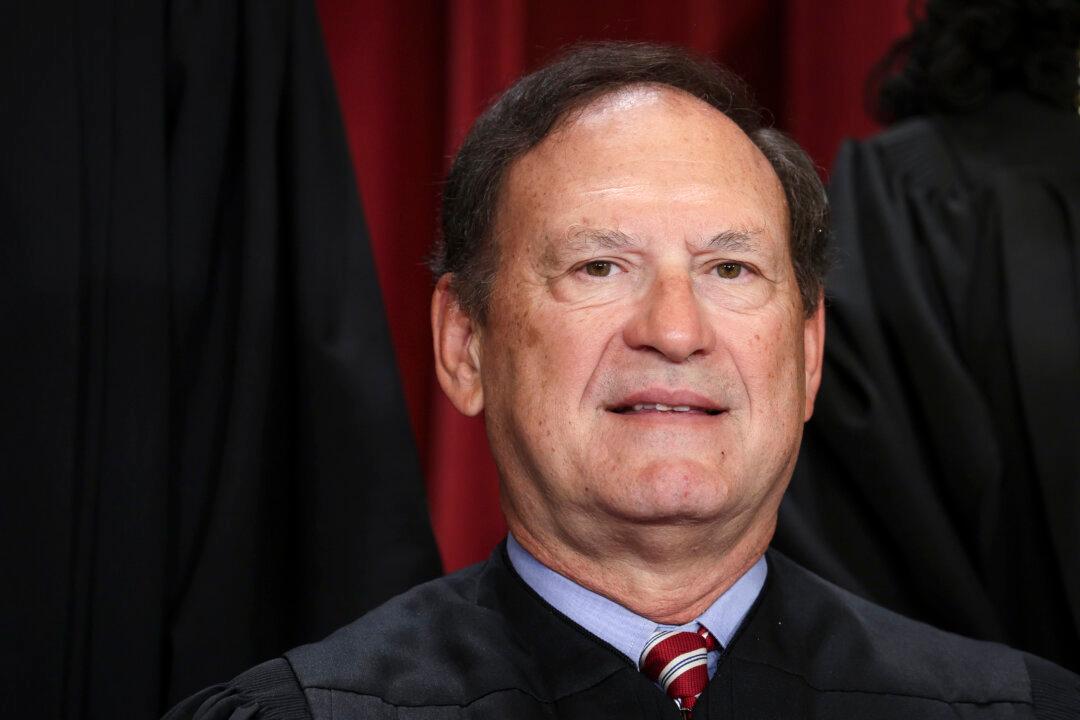Supreme Court Justice Samuel Alito has filed a detailed annual financial disclosure report offering insights into his financial situation.
Alito’s new 12-page filing for calendar 2023 with the Administrative Office of the U.S. Courts comes as the court’s justices face increasing scrutiny from federal lawmakers over their personal finances. Supreme Court ethics have also become a political issue in the current election cycle.





